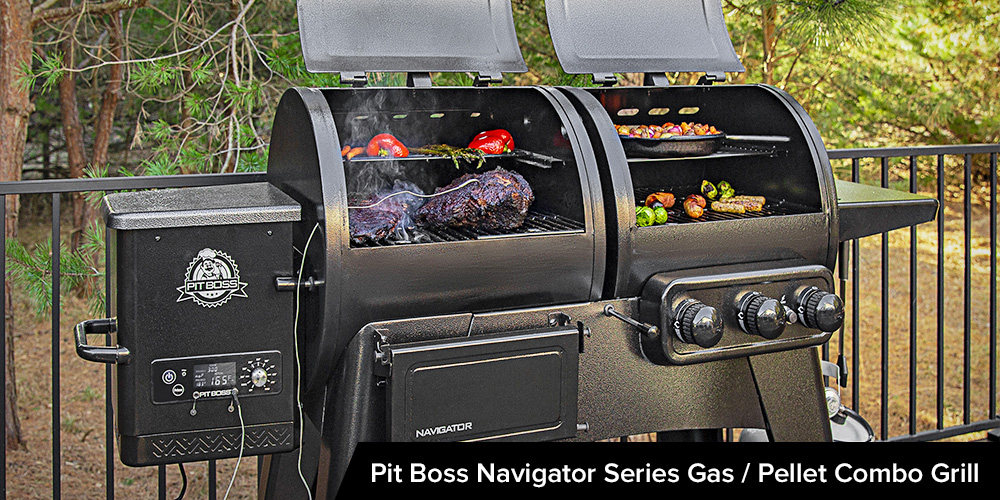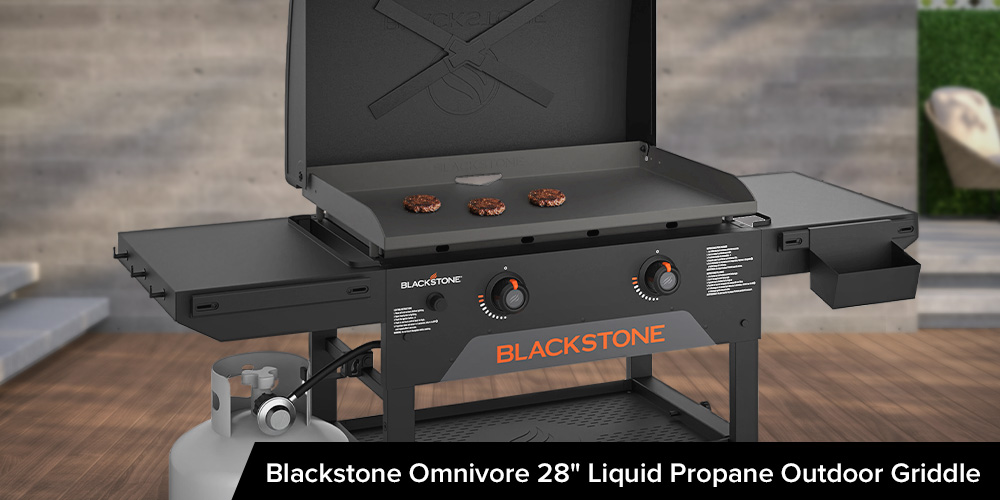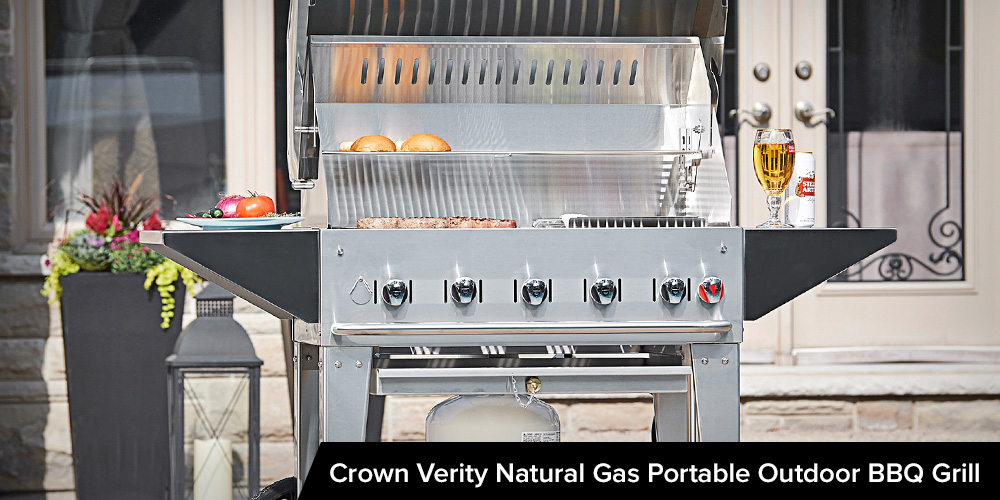With countless styles of commercial grills available, it can be daunting to narrow down your options. To make an informed decision, account for the types of foods on your menu, the spatial limitations of your cooking area, and the cooking preferences of you and your staff.
Grill Type
When it comes to choosing the best commercial outdoor grill for your facility, understanding the different grill types is essential. Each style of grilling matches various types of cuisine, so there isn't one overall best style for everyone.
- Gas grills: Gas grills are the most common type of outdoor grill, offering simple controls and versatile cooking options that can accommodate a wide range of foods.
- Charcoal grills: These grills use briquettes or lump charcoal as a heat source to impart a natural, smoky flavor to your dishes. They are favored for their authentic grilling experience and versatility.
- Argentinian grills: Argentinian grills utilize open-flame cooking, using wood or charcoal as fuel. They feature adjustable grates to control cooking temperatures so you can achieve the desired level of sear and flavor, like in asado.
- Kebab grills: Kebab grills are specifically designed for cooking meat and other foods on skewers.
- Pig roasters: Pig roasters are large, specialized grills designed for cooking whole pigs. They are typically reserved for large events such as pig roasts or catered functions.
- Griddles: Griddles feature flat cooking surfaces, often made from cast iron or stainless steel. They provide even heat distribution and a generous cooking area.
Power Type
Power type refers to the fuel source you use to heat the grill, and each fuel source comes with its own set of benefits and characteristics that can impact your cooking experience.
- Charcoal: While they may take longer to heat up, many chefs appreciate the authentic taste and aroma that charcoal grilling provides, as well as the traditional grilling experience.
- Propane: Propane grills are known for their efficiency, heating up quickly and offering precise temperature control. This makes them a great choice for busy commercial kitchens where time is of the essence.
- Natural gas: Natural gas grills are a more cost-effective option compared to propane. These grills are typically connected to a natural gas line, eliminating the need to refill propane tanks.
- Wood pellets: Wood pellet grills combine the convenience of gas grills with the flavor benefits of charcoal grills. These grills heat up faster than charcoal briquettes, allowing you to experiment with different wood flavors to enhance the taste of your dishes.
- Wood: Wood-fired grills use wood as the primary fuel source to impart a natural and authentic flavor to your food.
Size and Number of Burners
If you run a smaller grilling operation or have limited space, opting for a grill with a smaller surface area and fewer burners may be the ideal choice to meet your needs efficiently. On the other hand, if you frequently grill for a large crowd or need to prepare a high volume of food quickly, investing in the largest grill available is recommended. A larger grill provides ample grilling space, allowing you to cook multiple items simultaneously without overcrowding the cooking surface. Additionally, opting for a grill with multiple burners that can be controlled individually offers greater versatility in cooking different types of meat simultaneously.
Back to Top
Grilling is a delicate process, and it takes practice, as well as attention to detail, to get the perfect grilling results. By choosing the right commercial grill for your business, you'll set yourself and your staff up to prepare high-quality grilled foods with consistency. Whether you operate a burger joint, a snack bar, or a food truck, there is a grill to fit your needs.











